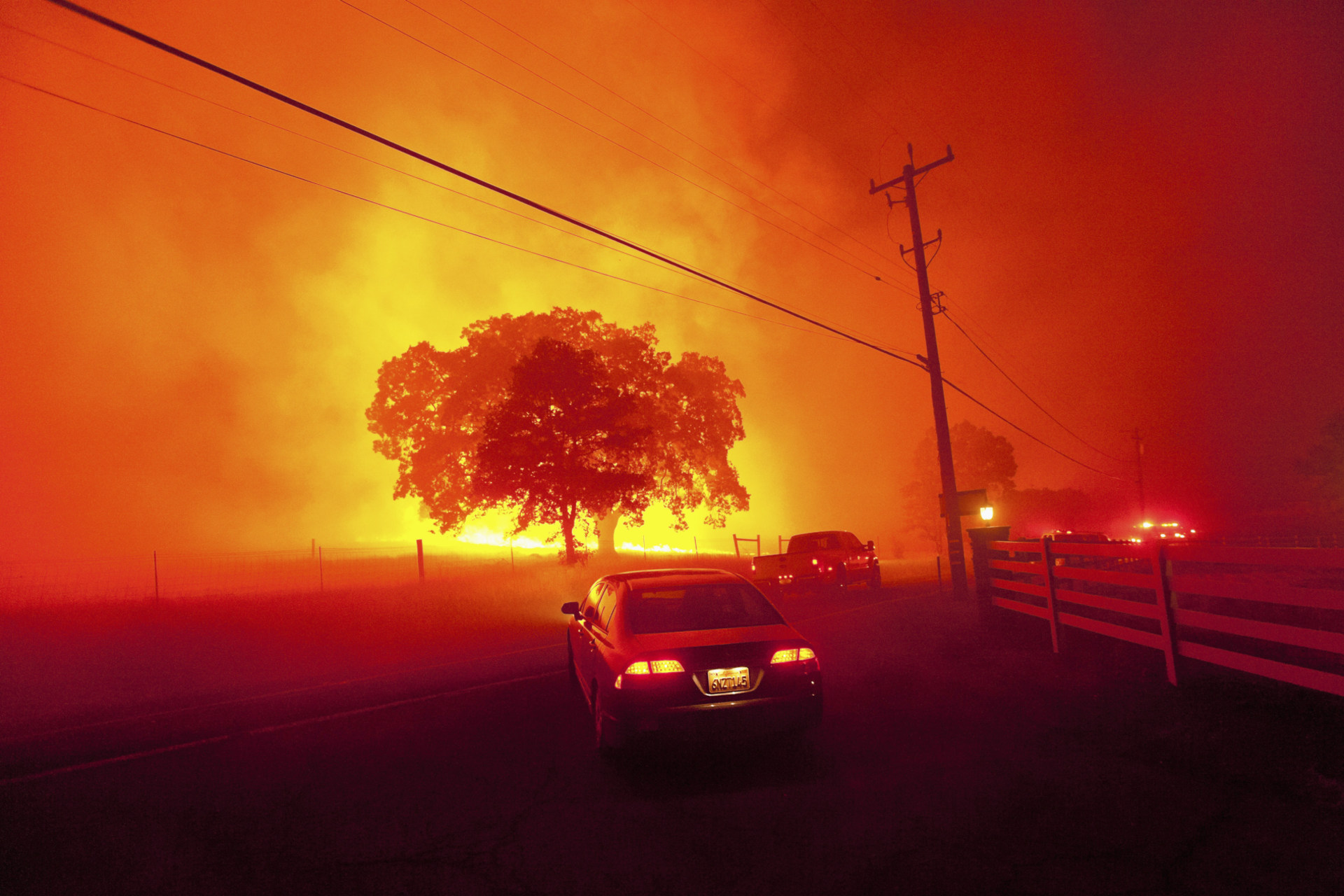The World May Need Geoengineering, and Geoengineering Needs Governance
Failing to study and develop geoengineering methods to help prevent the severe effects of climate change would be irresponsible. Failing to govern them properly would be even more so.

By experts and staff
- Published
By
- Terrence MullanAssociate Director, Council of Councils
The following is a guest post by Terrence Mullan, assistant director for international institutions and global governance at the Council on Foreign Relations.
Discussions around climate change and geoengineering are heating up. Three studies recently published in Nature and Nature Geoscience found that temperatures rose more quickly in the past few decades than at any point in the previous two thousand years. Indeed, the last four years have been the warmest on record. And, hopes of meeting the Paris Agreement goal of keeping global warming to less than 2 degrees Celsius are melting away.
Drastic action is needed before the window of opportunity closes altogether. Given that emissions reductions alone are likely to prove insufficient in preventing severe effects from climate change, scholars and policymakers are looking to geoengineering techniques as a possible last resort. Injecting particulate matter into the lower stratosphere, for instance, could help cool the planet by reflecting sunlight into space. Such measures are not panaceas, however, and a deluge of ethical and practical questions cries out for governance.
A recent Council of Councils Global Governance Working Paper titled “The Anticipatory Governance of Solar Radiation Management” attempts to answer those questions. Oliver Geden and Susanne Dröge of the German Institute for International and Security Affairs propose how state and private actors can create legitimate and effective governance of geoengineering efforts. While they focus on solar radiation management (SRM), the governance mechanisms they propose are a helpful starting point for considering other geoengineering methods as well. Because such emerging technologies would in likelihood fare poorly under a comprehensive institutional architecture, which could be too restrictive and impede innovation, Geden and Dröge call for anticipatory and flexible arrangements that coevolve from the bottom up with respective SRM technologies.
Geden and Dröge stress that geoengineering should be a part of overall mitigation efforts—not an end-all, be-all solution—and lay the groundwork for accomplishing this. Integrating SRM and other geoengineering methods under the UN Framework Convention on Climate Change (UNFCCC) regime can make those methods legitimate objects of global climate governance. The UNFCCC could also facilitate trust-building and surveillance measures to lessen the concern that a handful of the largest and richest countries might seize the reins of planetary modification. The convention and its associated regime would offer a framework for “climate-bargaining” between countries with the means and will to undertake geoengineering measures and those that lack sufficient resources or prove reluctant to undertake such activities. The UNFCCC and other institutions, such as the World Meteorological Organization, should play an important role in sharing information and best practices, serving as international clearinghouses for SRM and other geoengineering research. Project funders and national research organizations can also play an integral role by incentivizing adherence to codes of conduct for responsible SRM research.
Most importantly, scientists and policymakers need to recognize geoengineering’s limitations, uncertainties, and risks. Geden and Dröge are upfront about this. For example, belief in the efficacy and robustness of geoengineering could weaken efforts to cut emissions, the root cause of climate change. Even geoengineering research can be dangerous. Experiments could have severe unintended consequences, such as droughts or damage to crops, prior to large-scale implementation.
Nevertheless, SRM offers a relatively inexpensive option to lower global temperatures, a problem of growing importance. With carbon emissions soaring, mercury rising, and severe weather becoming more commonplace, the risks of inaction are too high to bear. Failing to study and develop geoengineering techniques would be irresponsible. Of course, failing to govern them properly would be even more so.
For more, read the full paper here.